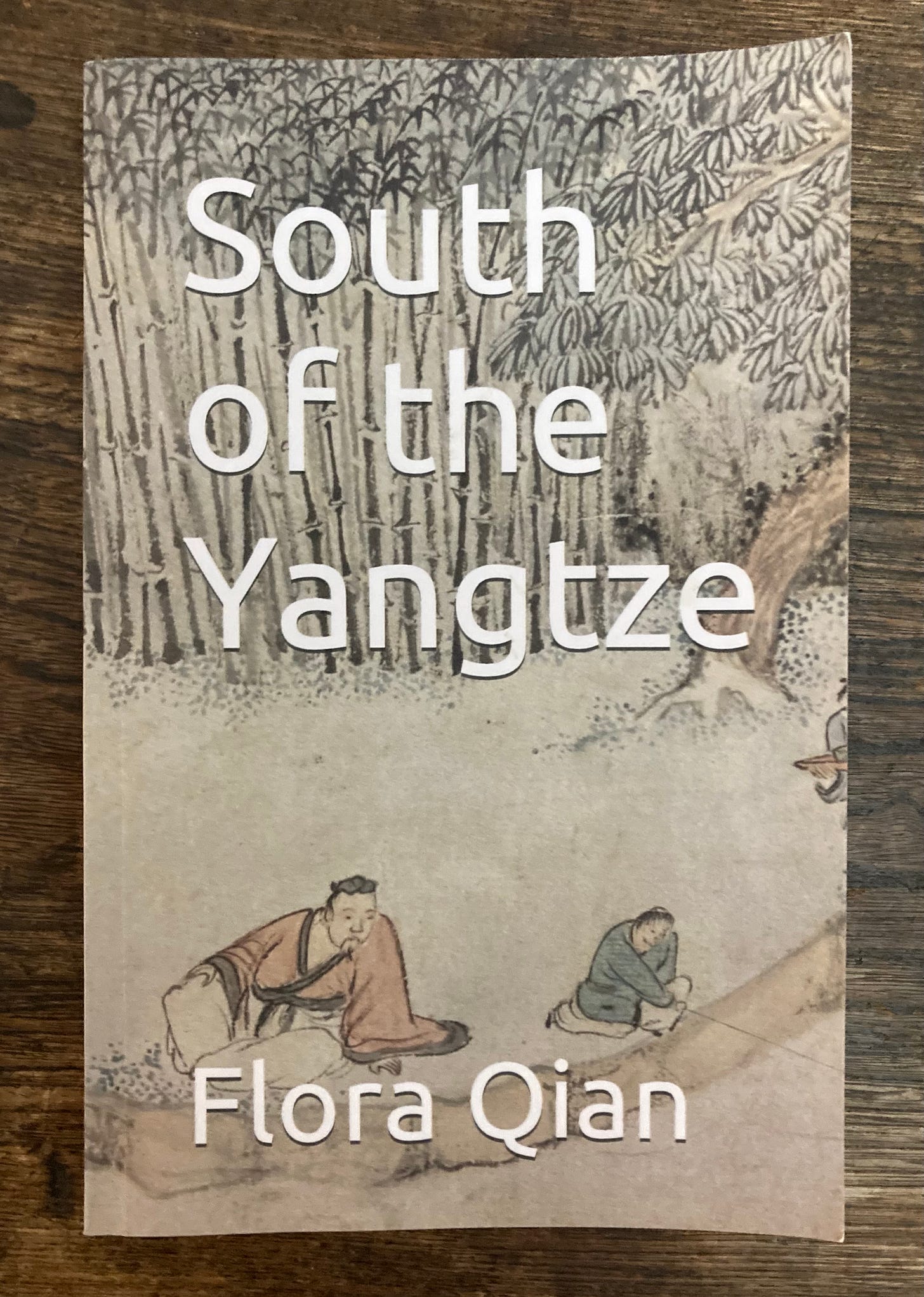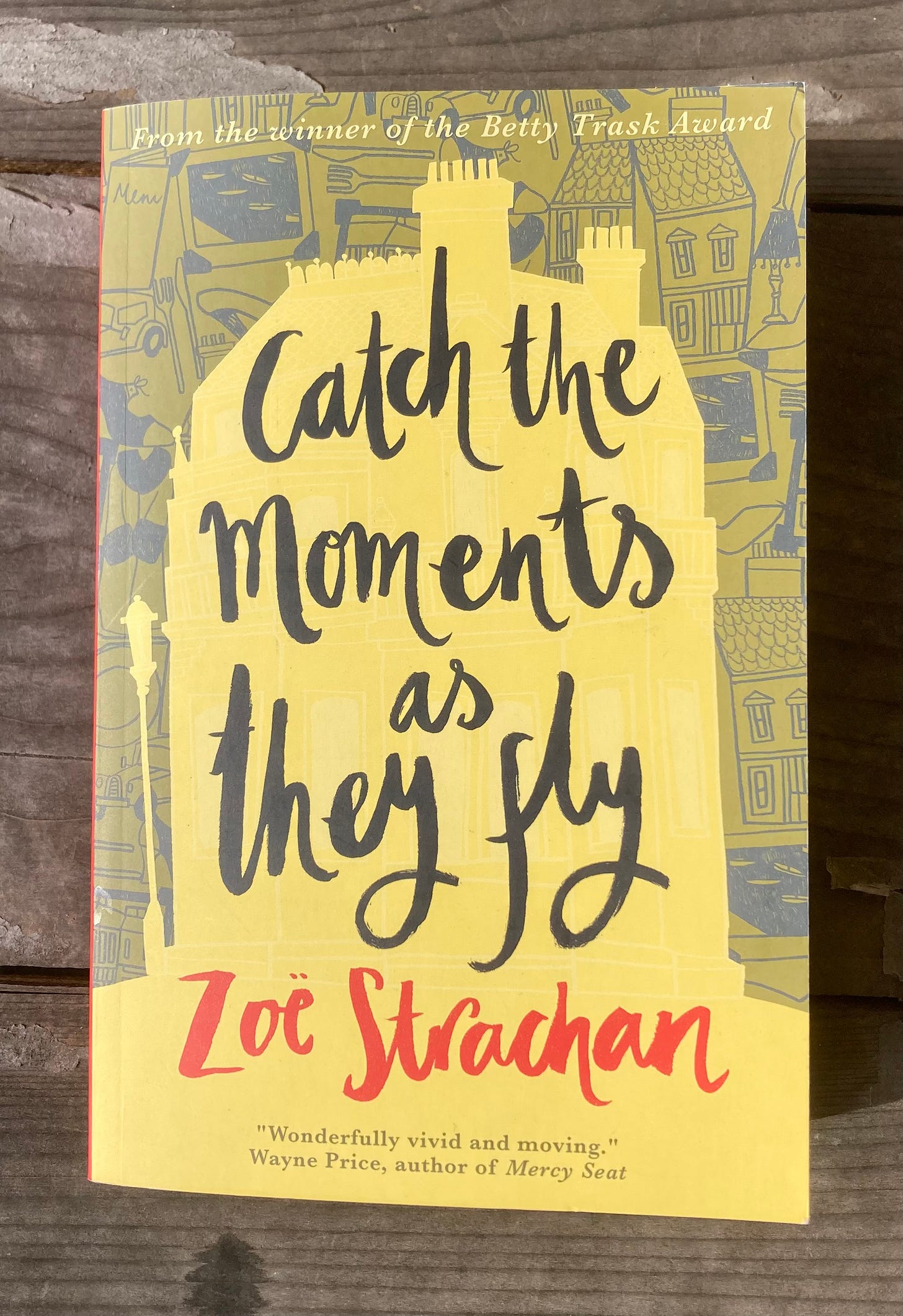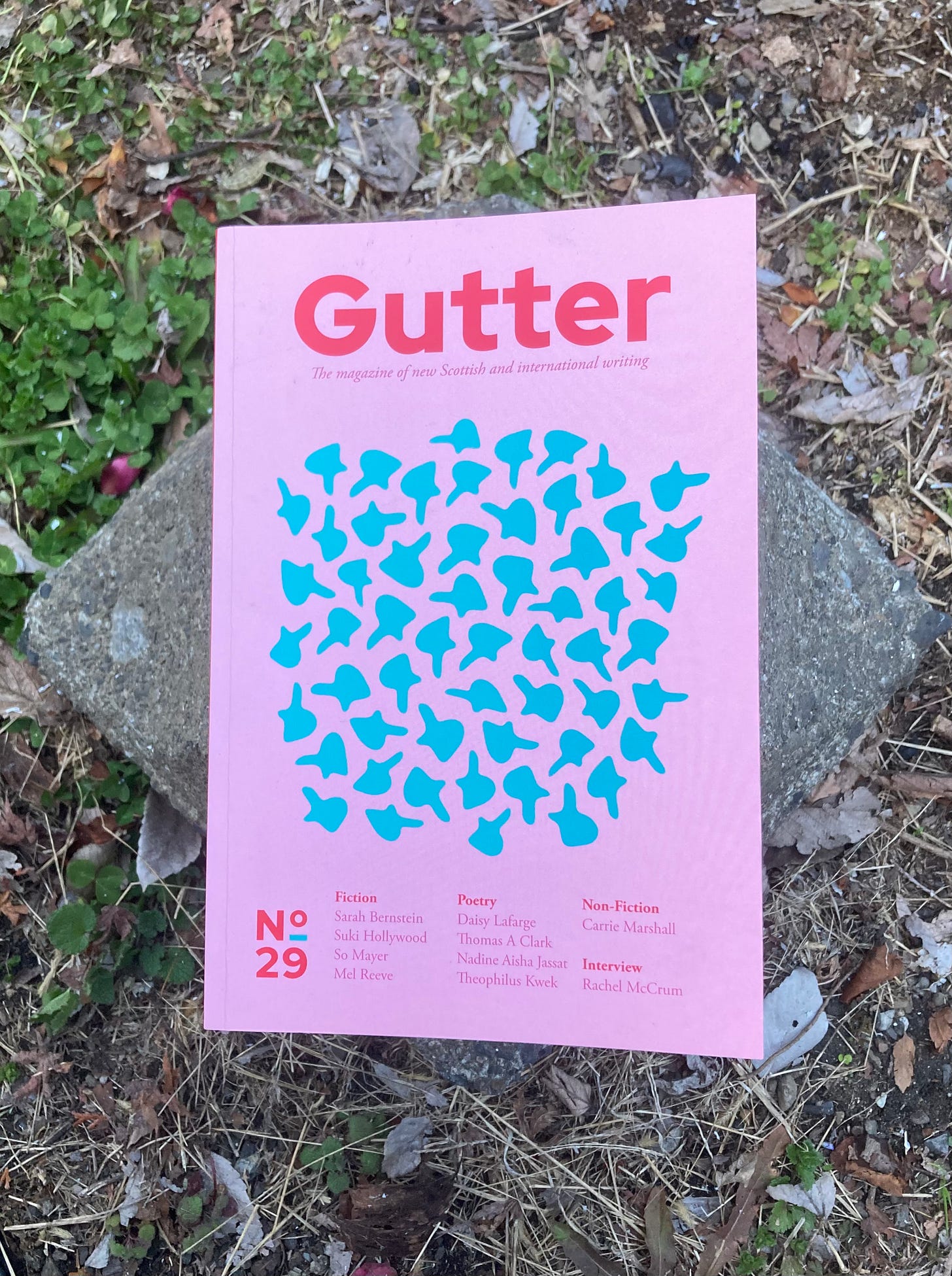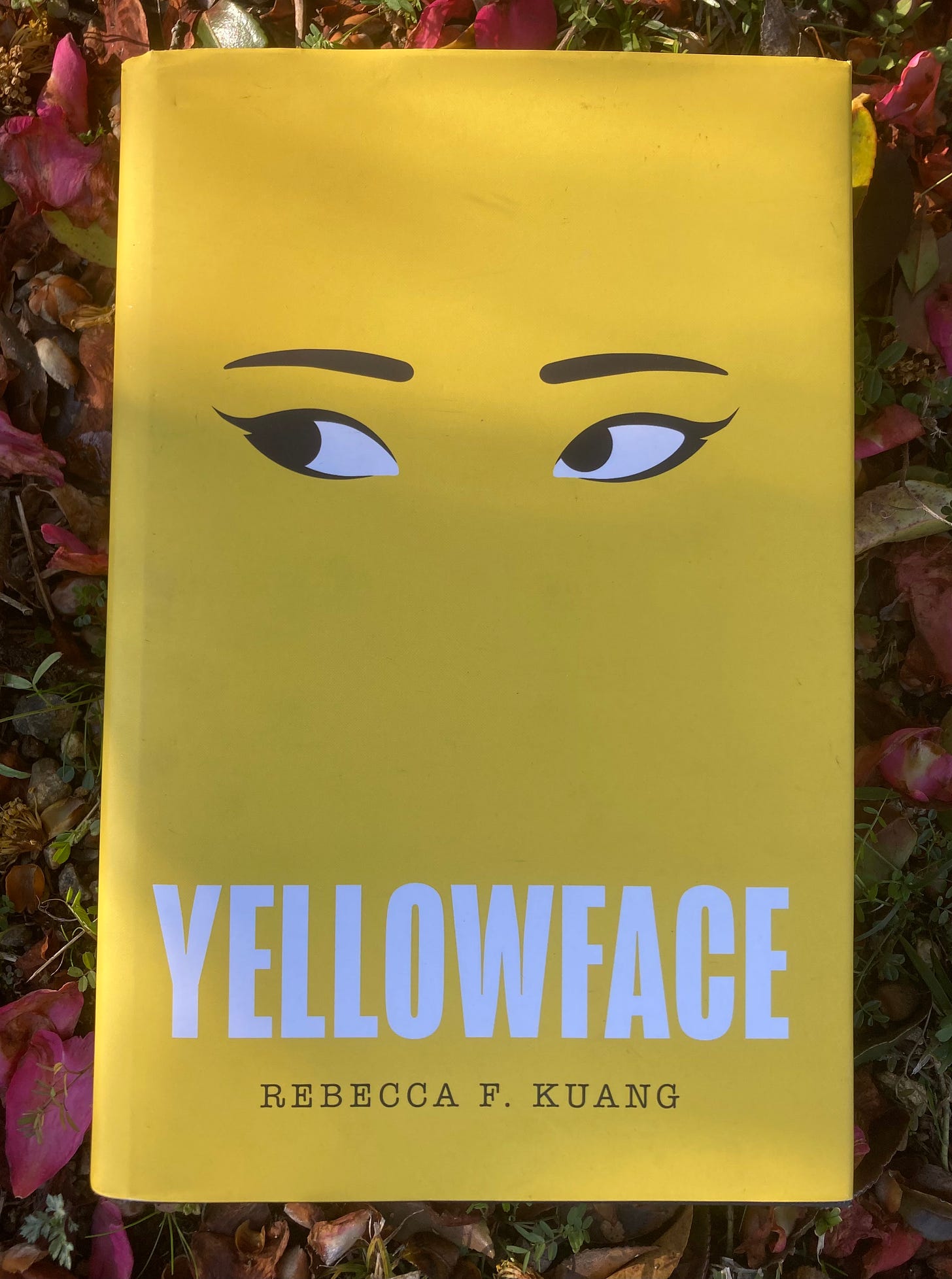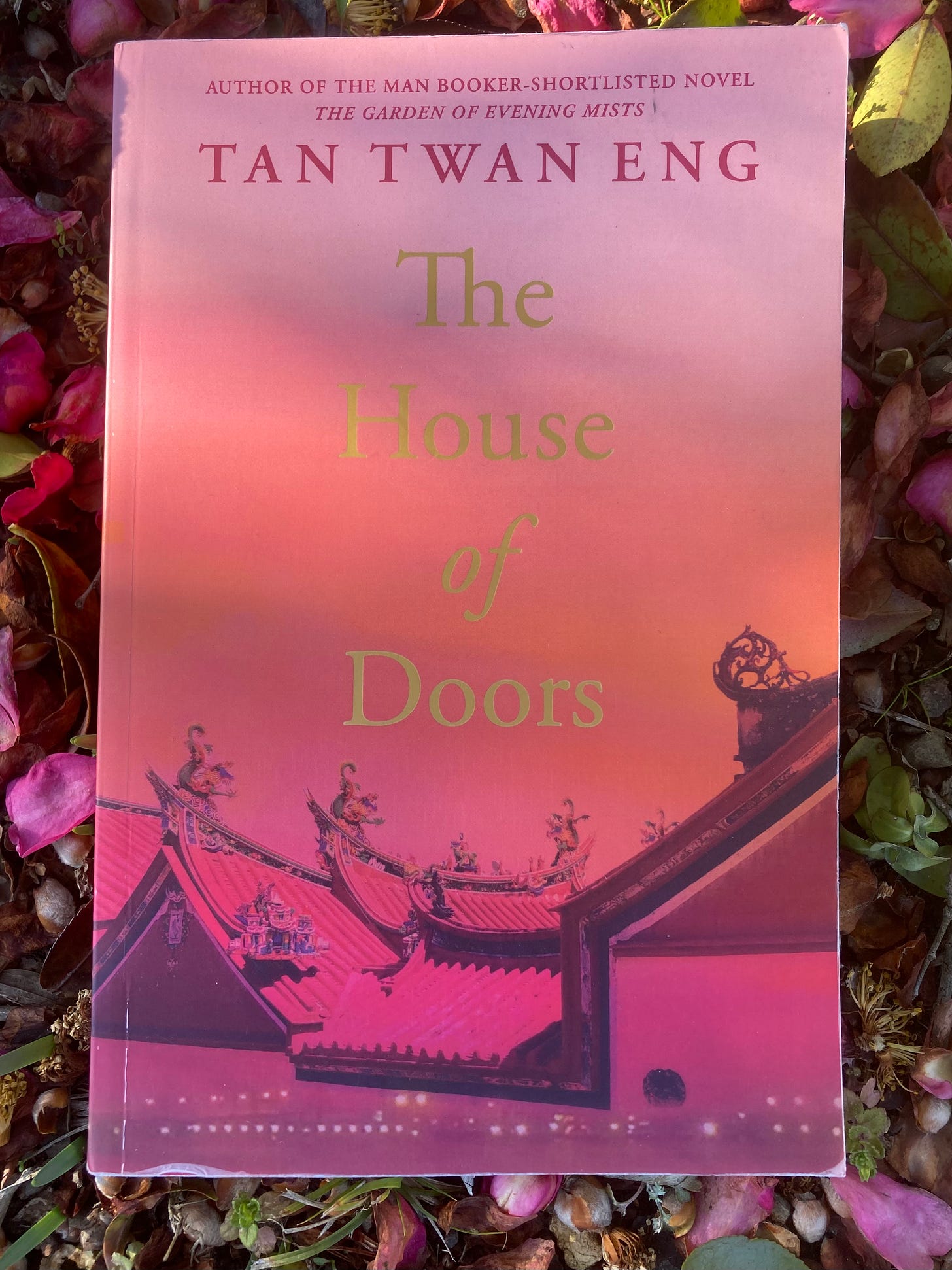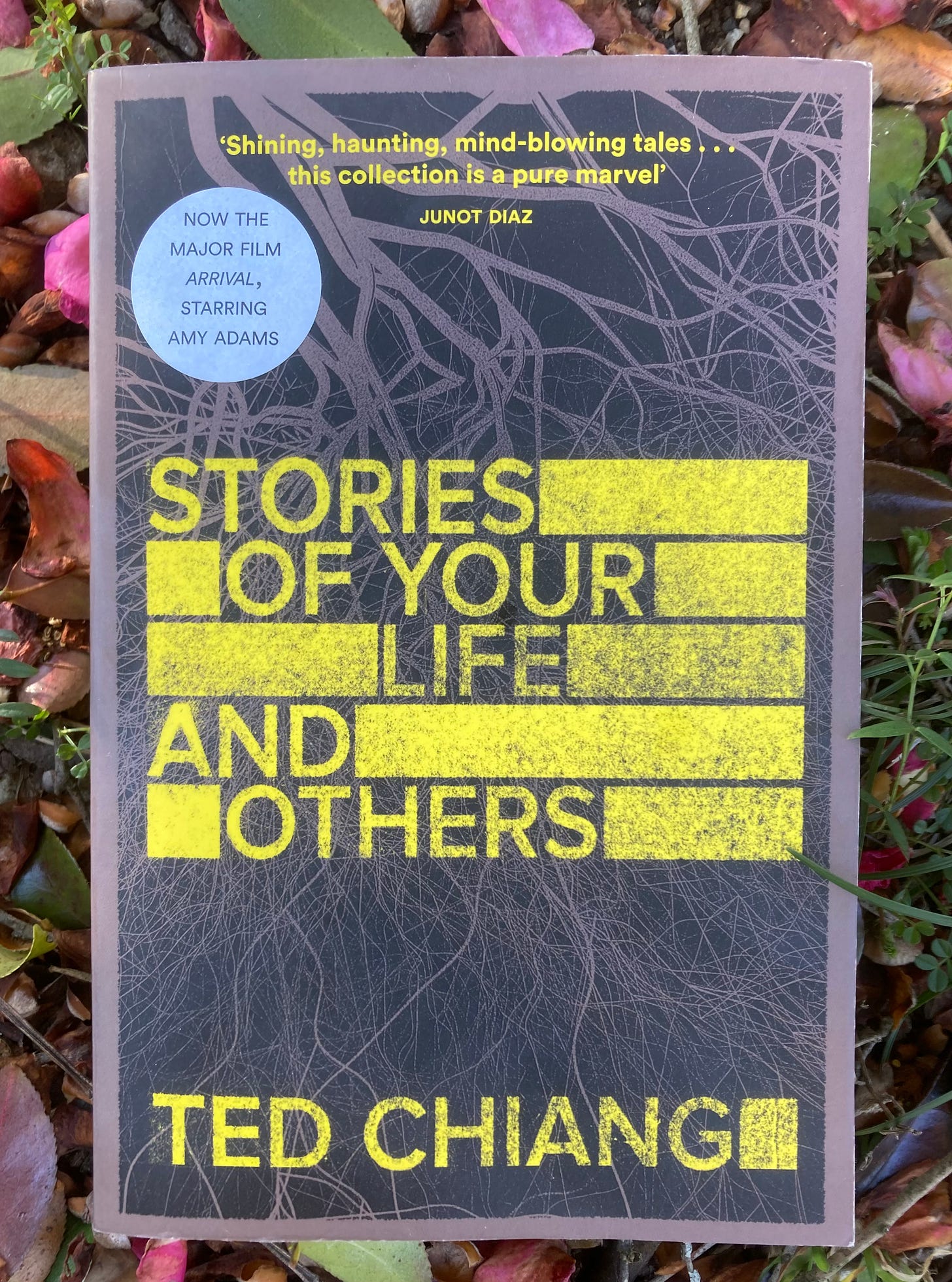February Reads
Flora Qian is a writer I first came across through Eastlit, an online journal of writing from across East Asia. I then asked her to contribute a story to In The Empty Spaces, an anthology I co-edited back in 2014 (more about that later this year). South of the Yangtze is her first novel, published after winning the International Proverse Prize, and it’s a brilliant debut. It is essentially a coming of age story that follows the narrator, also called Qian, as she grows up in China in the 80s and 90s. It is fascinating for the history it documents, which I haven’t seen much of elsewhere (I’m not widely read in fiction about growing up in China but what I have read, from Ma Jian, for example, tends to be from the generation before, set in the 60s and 70s) but it’s the human story of a young woman finding her place in the world that really gets under your skin. It’s beautifully written with a subtle, deceptive power that sneaks up on you, hitting hard when you least expect it. Hopefully Qian has more books on the way.
Zoë Strachan was my tutor when I did my MPhil at Glasgow so I am biased here, but this was simply wonderful. You know when you finish the last page, close the book, and just sit in silence for a few minutes? One of those. Set in Kilmarnock through a big chunk of the 20th century, it follows the trial and travails of Rena and her family, surviving domestic violence, war, economic hardships and alcoholism with humour and fortitude. It’s been a long while since Zoë published a novel so this was cause for celebration alone, but to come back with such a bang… breathtaking stuff. Don’t make us wait so long next time, Zoë!
I’ve been doing this newsletter long enough that I’ve covered a few issues of Gutter, so no need for a big explanation. Issue 29 was as top notch as ever, with standout pieces by Kate Millar and Carrie Marshall. The highlight though is Palestinian poet Omar Zeyadeh’s poem, “Nobody can identify their own remains, and I am unable to identify my own”, translated by Alice S. Yousef. This section, which was earlier published on Words Without Borders (from where I’ve taken this screenshot) hit me hard:
Yellowface was one of the big hyped hits of last year and, for once, worth every column inch devoted to praising it. The story itself, about a white writer stealing the work of a Chinese author, is powerful, thought-provoking and timely—all those things reviewers said about it—and Kuang’s prose is simply gorgeous. For me and many other writers, the insight into the reality of publishing it gives is just as valuable. I winced with recognition more than once at Kuang’s description of the behind the scenes mess of the publishing industry and laughed at the all-too-real misapprehensions of those outside it looking in (I saw something the other day that a large number of British people thought authors earned about the same as an MP. An MP’s basic salary is about £86,000. Last year I made about £4000 directly from writing and writing-related activities. Where’s my other £82,000?). A great satire.
Tan Twan Eng is one of those writers I adore but whose work fills me with such deep inadequacy that reading him is something I have to time perfectly. The House of Doors came out in March last year and I bought it straight away, but I only got round to it now. In part it was just a consequence of never having time to devote myself to the book in an uninterrupted way—you wallow in Tan’s prose, you don’t dip into it—but also because I haven’t really written much fiction in the last 12 months and I perhaps subconsciously worried that Tan’s prose and storytelling, being so much better than mine, would demotivate me even more. Knowing I had a 6 hour flight to Bangkok, with a 3 hour lay over and another hour to Phnom Penh, I decided this would be the perfect opportunity. I wasn’t wrong. I didn’t even make it all the way to Bangkok, devouring the entire book before we even reached Vietnamese airspace. What a book. Not as epic as The Garden of Evening Mists, nor as emotionally devastating, but beautiful, poignant, funny and poetic. Tan is truly one of the most poetic novelists working today.
Having finished The House of Doors on the flight, I had to immediately run into the Phnom Penh streets and find a bookshop. Monument Books (great shop if you’re ever in PP) provided Stories of your Life and Others by Ted Chiang. Arrival is one of my favourite films of all time and it is based on his Story of your Life which is, perhaps, even better than the film. Chiang is one of those rare SF writers who can take a thought-experiment (everything from quantum physics to philosophy) and turn it into proper literature. As an editor for a science fiction journal I know how few and far between writers who can do that are (unlike writers who think they can do that). Every story in here was exquisite.




